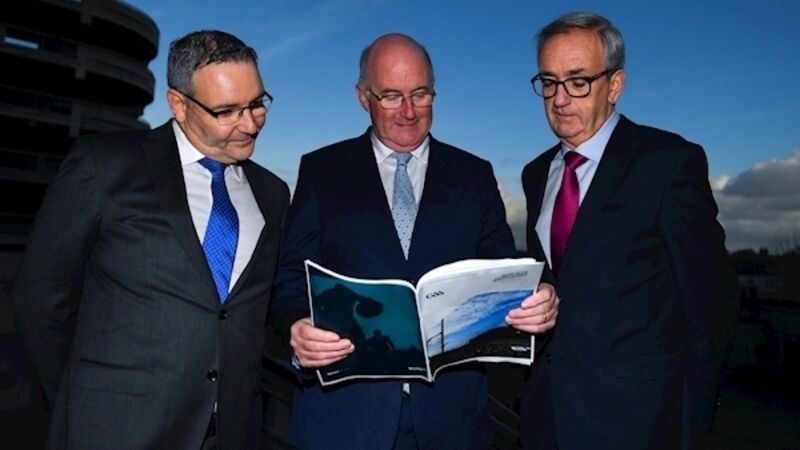We didn’t ignore CPA concerns, insists fixture taskforce chair Eddie Sullivan

Fixture taskforce chairman Eddie Sullivan has rejected the Club Players Association claim that their proposals to reform the GAA calendar were ignored.
The CPA representative withdrew from the fixtures review committee in the middle of last month, stating they could not “in good conscience put our names to such a compromised document”.














